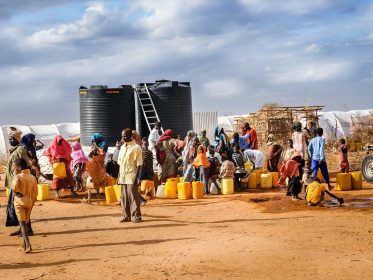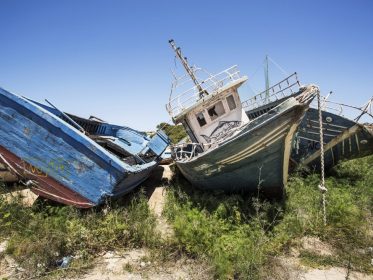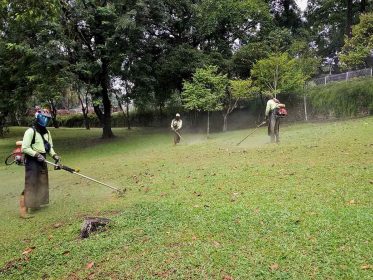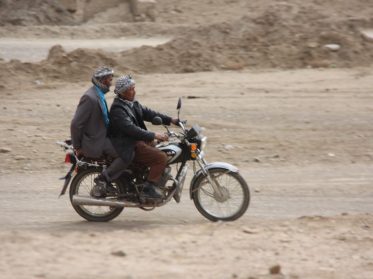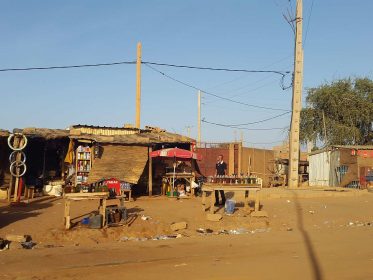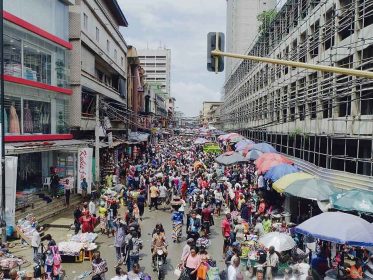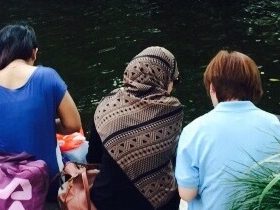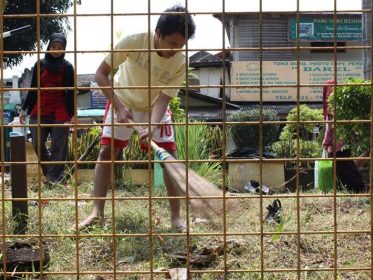Human trafficking and modern slavery
In 2017 Seefar conducted a qualitative study leading in-depth interviews with potential Somali migrants in Kenya, in-transit migrants in Libya and in Italy. The aim of this research was to understand whether there are large pockets of Somalis intending to migrate to Europe, what their decision-making processes are, locations of these populations and destination preferences. Further …
We spend a lot of time researching migrant smugglers and talking to governments about migrant smuggling. We have noticed that most commentary on migrant smuggling unknowingly combines conflicting assumptions. The link below takes you to a brief that aims to untangle different perspectives on migrant smuggling, in order to clarify analytical and political options. The brief …
For us, low-skilled labour migration is a great opportunity to improve life for poor people. However, the markets for this labour demand attention because of the abuse and exploitation that is so common in them. The ethics and effectiveness of a system that shifts an extra $10 a month to a Qatari (GDP per capita …
Helping low-skilled migrant workers benefit more from their employment Read More »
Seefar is a social enterprise, which means we use the flexibility, speed and entrepreneurialism of a corporate structure to help vulnerable people build a better future. This means that Seefar reinvests our working capital into projects and initiatives to improve the lives of the most vulnerable. Our program for migration, displaced people, human trafficking and modern slavery is currently developing initiatives to address …
Skunk Works: Finding ways to solve the big issues of Migration Read More »
Seefar conducted an assessment mission in Mali and Niger to produce an action plan for the EU funded Global Action to Prevent and Address Trafficking in Persons and the Smuggling of Migrants (GLO.ACT) program. The GLO.ACT program is a four-year (2015-2019) joint initiative by the European Union (EU) and the United Nations Office on Drugs …
Combating migrant smuggling and human trafficking in Mali and Niger Read More »
Migrants in Europe are considered by many to be the ‘safe’ and ‘lucky ones’. However, migrants in Europe are still vulnerable. One of the biggest drivers of this vulnerability is access to information. Our research has shown that migrants in refugee camps or government centres in Europe feel they have insufficient information to understand the processes they are in …
Currently, the issue of modern slavery of Nigerians in the UK is not deeply researched. There is thus a deficit in understanding the issue and preventing Nigerians from being enslaved in the UK. Many of the victims trafficked from Nigeria, mostly young female, are sent to a Nigerian family, an “auntie” (extended relative or not), …
Preventing Nigerians from entering modern slavery in the UK Read More »
Seefar is conducting innovative modern slavery research in four countries to measure the prevalence of indicators among migrant domestic workers. The first publication related to this research was released in February 2016: Modern Slavery in East Asia: Protecting the rights and promoting the autonomy of domestic migrant workers from Indonesia and the Philippines. Visit the research …
Large Scale Research on Modern Slavery in East Asia Read More »
Seefar is conducting quantitative research in East Asia to understand and reduce the prevalence and impact of modern slavery among migrant domestic workers, made possible by a grant from the Macquarie Group Foundation. There is a broad and diverse range of issues associated with modern slavery and migrant exploitation and marginalisation in East Asia and Southeast Asia. Geographically, the programme …
Migration Research: Modern Slavery in Southeast Asia Read More »
